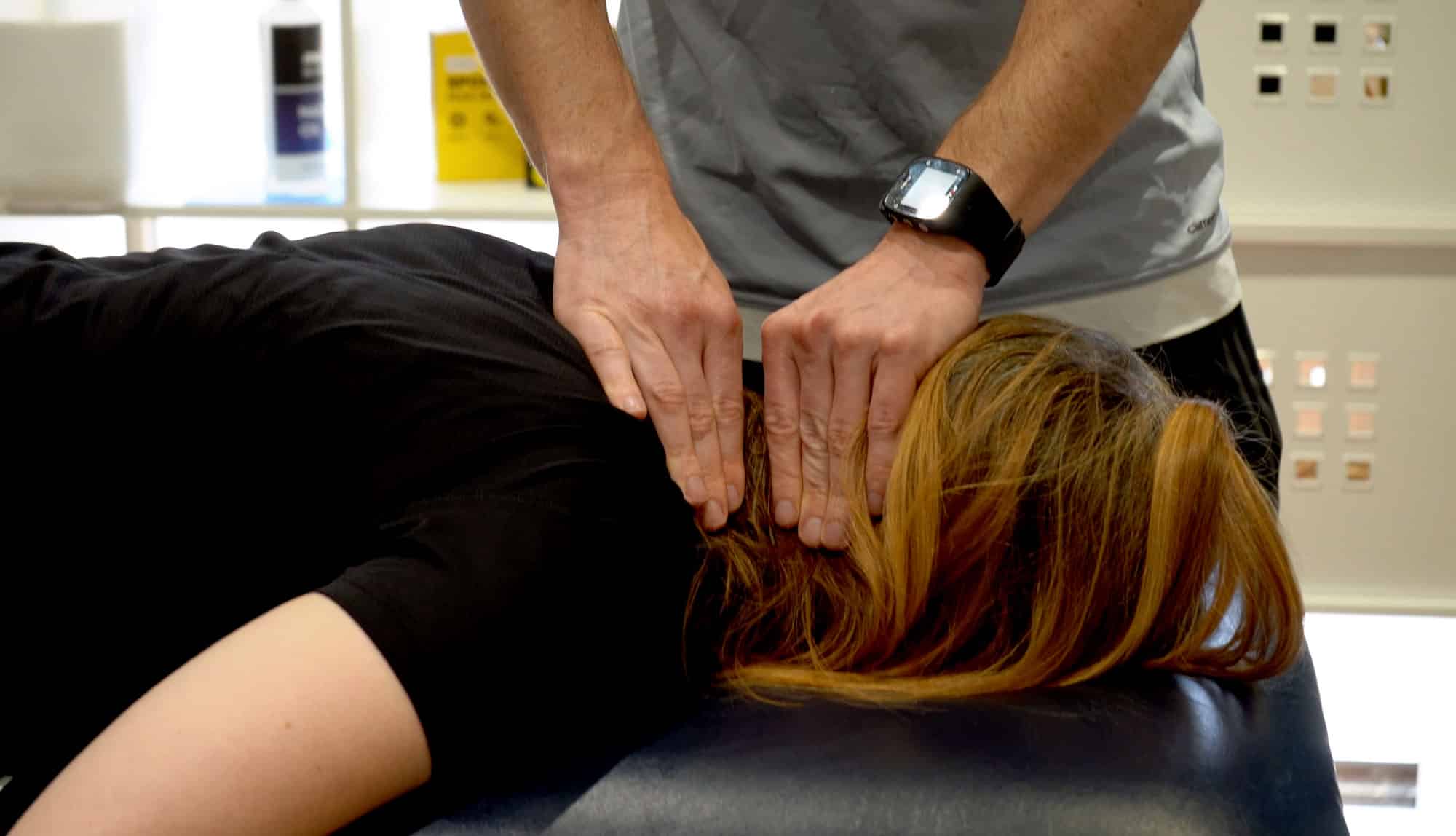Avoiding Painkillers
Responding To Pain
Have you ever phoned your GP about an ongoing problem? Once you got an appointment did they tell you to rest and the provide a prescription for some pain relief? If it wasn’t effective the first time did they then increase your medication to a stronger medication? We don’t believe this is the right course of action for things like back pain, joint problems and certainly not muscle, ligament or tendon issues.
Painkillers stop the pain signals from being received. Effective as a short term solution for some injuries but the long term effects of taking pain killers can be detrimental to your health and wellbeing. Additionally the side affects can cause additional problems. We believe there must be a better, more natural way for your body to recover.
Taking control of your health, your strength and mobility will allow you to avoid long term injury and recover in a natural way. This give you a sense of achievement and is a positive and proactive way to get better and stay better. The first step is to understand what your problem is and why your body is behaving this way.
Pain killers are often taken when an injury has occurred, the initial shock and pain reaction can cause some panic as swelling begins to show and taking some anti inflammatories seems like a sensible response. However, your body has already begun to naturally respond to the injury. Swelling is a natural and necessary response and inhibiting this process can actually prolong your recovery time. Ultimately, inflammation can be a good thing!

Beyond Pain Relief
Once you have made the decision to begin physiotherapy, pain relief from therapy is often quickly achieved. While this might be the desired outcome when taking painkillers, this is not enough.
When we ask clients what they would like to achieve from their treatment their initial response is often to be relieved from pain. However, as their mobility and strength increases their aspirations also expand, realising how much they have been missing out on by not addressing their injuries or discomforts. We also want to help them become better, stronger and healthier than were before and provide them with a plan to help ensure the problem doesn’t return again in the future. Prevention is better than cure after all.
Goals begin to change to taking part in forgotten hobbies and social gatherings that became physically taxing, being able to commit to looking after grandchildren or playing sports that their simple didn’t have the strength and energy for.

How We Solve The Problem
These exercises will then progress past recovery to injury prevention. With these tools and strategies, unless necessary, pain killers should no longer be your long term response.